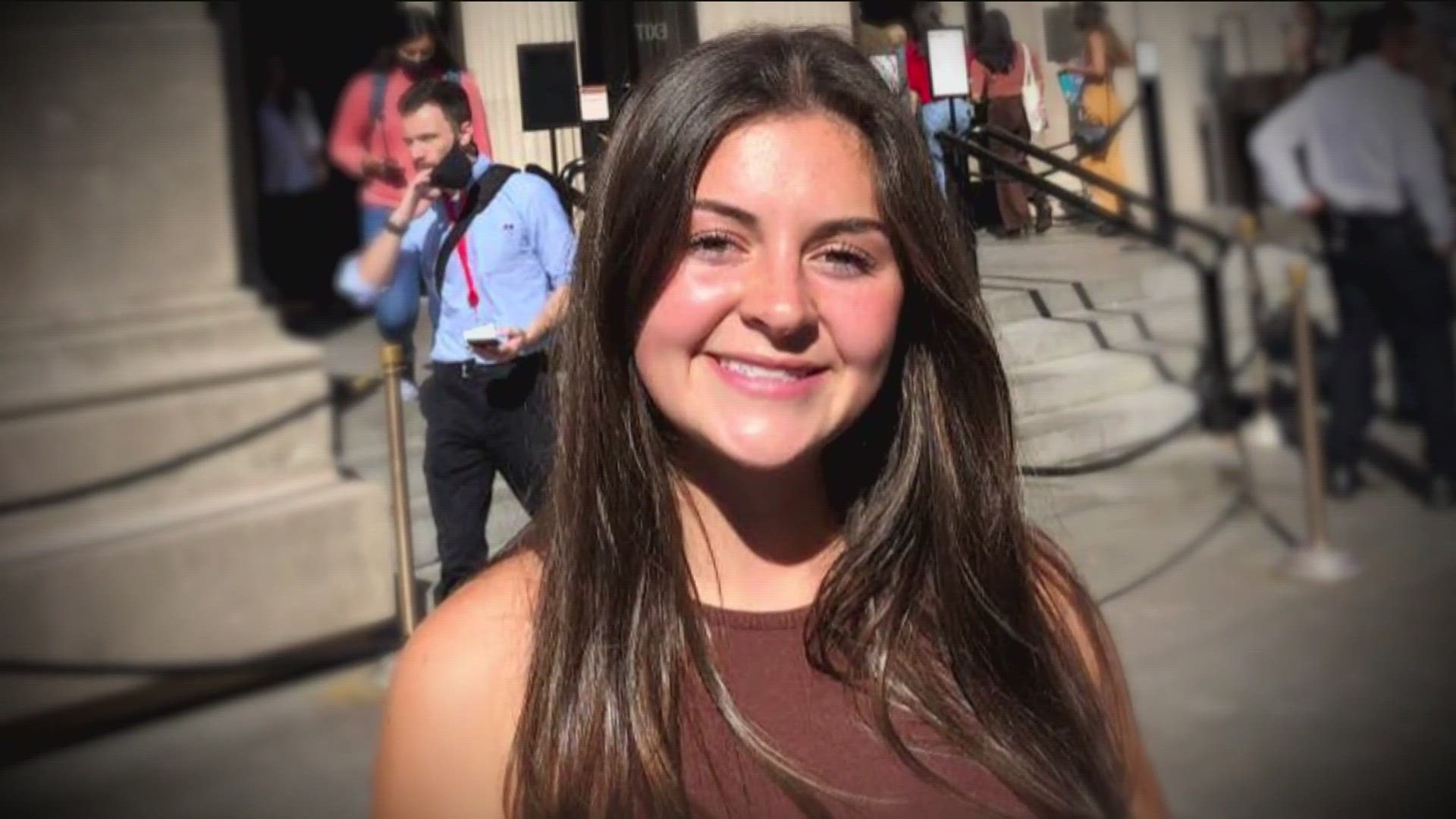WASHINGTON D.C., DC — In the wake of tragic events and mounting concerns over immigration policies, the United States House of Representatives is considering a pivotal bill that could reshape law enforcement procedures for people who are undocumented and charged with crimes -- particularly theft.
The bill is named after Augusta University nursing student Laken Riley, who was killed on the University of Georgia's campus. Authorities have said the alleged suspect in the case unlawfully entered the country and had past run-ins with police that included theft.
U.S. Rep. Mike Collins (R-Georgia) is spearheading the proposed legislation dubbed the Laken Riley Act.
In general, the bill aims to toughen penalties for undocumented individuals accused of criminal activities. Under its provisions, Immigration and Customs Enforcement (ICE) would be mandated to detain them upon facing criminal charges. Furthermore, state attorney generals would gain the authority to litigate against the U.S. Secretary of Homeland Security, denouncing what they perceive as shortcomings in federal immigration policies.
RELATED: ICE was not notified about alleged Laken Riley killer's past run-ins with police, US official says
Rep. Mike Collins underscored the importance of bolstering local law enforcement capabilities in apprehending people who are undocumented and charged with misdemeanors, emphasizing collaboration with ICE to ensure swift action.
"We're going to take this piece of legislation and help make that law even better and make sure that local law enforcement, especially, has the ability to pass this information, especially on these lower crimes, on to ICE and get these people picked up," Collins stated.
However, amidst the legislative push, voices of dissent echo from local immigration advocates.
Kyle Gomez-Leinewebber, representing the GALEO Impact Fund, expressed reservations regarding the bill's potential repercussions.
He warned against its divisive impact on communities and the strained relationship between law enforcement agencies and the residents they serve.
"It divides communities. It drives a wedge between law enforcement and the communities that they seek to protect," Gomez-Leinewebber said.
Moreover, concerns mount over the safety and security of Latino residents, with fears of potential adverse effects should such policies be enacted into law.
"We know of residents in Athens as well as throughout the state of Georgia who have concerns for their safety, specifically Latino residents," Gomez-Leinewebber noted.

